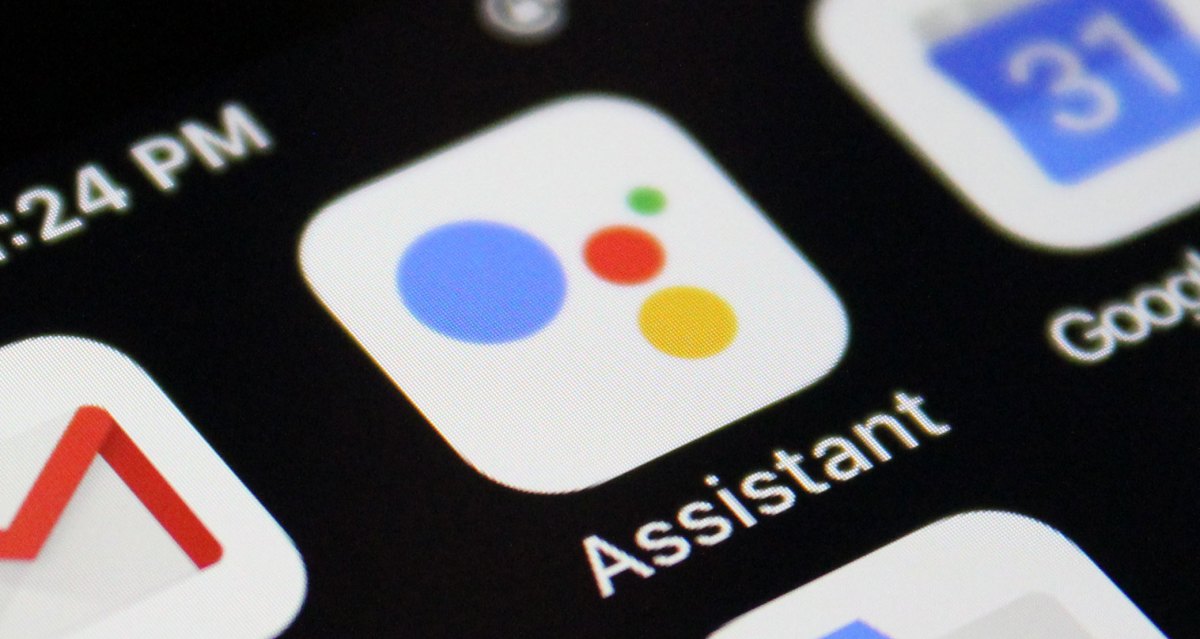Google Assistant’s future has been uncertain for more than a year. It was once pivotal to Google’s mobile and smart home strategies, with the company even giving away Home Mini speakers in the past to expand its ecosystem. However, recent announcements confirm that Assistant is here to stay, at least within the Home/Nest ecosystem.
Both Assistant and Alexa saw increased use during the pandemic when people spent more time at home. However, in recent times, Google and Alexa’s growth has slowed. While some may claim the smart home is dead, many Americans still use smart home devices. The true potential of the smart home lies in a fully connected and automated ecosystem, not just a few devices in each house.
Expensive smart devices, fragmented ecosystems, and poor user experiences have hindered the widespread adoption of smart home technology. This has also affected the smart assistants driving these devices, with other major players like Bixby and Cortana disappearing. Apple’s Siri has lost prominence, overshadowed by newer generative AI platforms like ChatGPT.
Google’s beta users can now make Gemini the default assistant on their Pixel devices, hinting at a future without Assistant. However, Assistant is still integral to Google’s Home ecosystem, working alongside Gemini models. Gemini’s strength lies in natural language processing, allowing for more conversational interactions and providing personalized responses.
Google plans to enhance Assistant with Gemini’s capabilities, offering features like improved natural language understanding and summarization of information. These updates will roll out later this year for Nest Aware subscribers. Whether Google will stick with Assistant or rebrand it as Gemini remains to be seen, but the focus on bringing generative AI to the smart home market is clear. Just as Apple revamped Siri with new AI models, Google seems set to do the same to stay relevant in the smart home sector.


